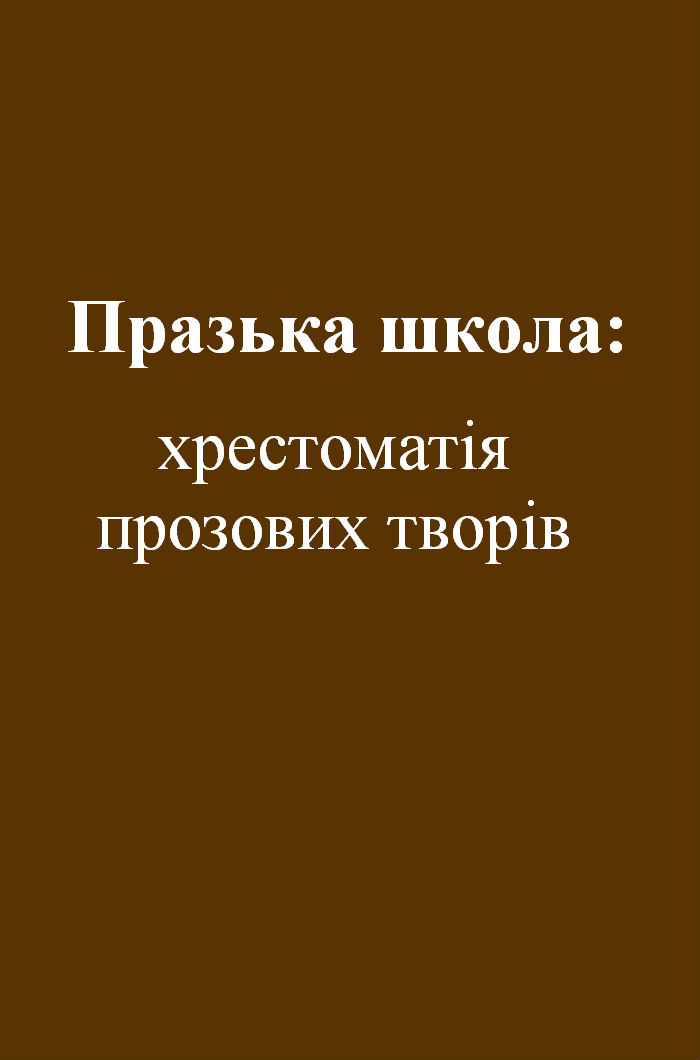Читати книгу - "Людина розумна"
Шрифт:
Інтервал:
Добавити в закладку:
20
James F. O’Connel and Jim Allen: ‘Pre-LGM Sahul (Pleistocene Australia – New Guinea) and the Archaeology of Early Modern Humans, у збірці Rethinking the Human Revolution: New Behavioral and Biological Perspectives on the Origin and Dispersal of Modern Humans, ed. Paul Mellars, Ofer Bar-Yosef, Katie Boyle (Cambridge: McDonald Institute for Archaeological Research, 2007), 395–410; James F. O’Connel and Jim Allen: ‘When Did Humans First Arrive in Greater Australia and Why Is It Important to Know?’, Evolutionary Anthropology, 6:4 (1998), 132 – 46; James F. O’Connel and Jim Allen: ‘Dating the Colonisation of Sahul (Pleistocene Australia – New Guinea): A Review of Recent Research, Journal of Radiological Science 31:6 (2004), 835 – 53; Jon M. Erlandson: ‘Anatomically Modern Humans, Maritime Voyaging and Pleistocene Colonisation of the Americas’, у збірці The first Americans: the Pleistocene Colonisation of the New World, ed. Nina G. Jablonski (Sun Francisco: University of California Press, 2002), 59–60, 63 – 4; Jon M. Erlandson and Torben C. Rick: ‘Archaeology Meets Marine Ecology: The Antiquity of Maritime Cultures and Human Impacts on Marine Fisheries and Ecosystems’, Annual Review of Marine Science 2 (2010), 231 – 51; Atholl Anderson: ‘Slow Boats from China: Issues in the Prehistory of Indo-China Seafaring’, Modern Quaternary Research in Southeast Asia, 16 (2000), 13–50; Robert G. Bednarik: ‘Maritime Navigation in the Lower and Middle Paleolithic’, Earth and Planetary Sciences 328 (1999), 559 – 60; Robert G. Bednarik: ‘Seafaring in the Pleistocene’, Cambridge Archaeological Journal 13:1 (2003), 41–66.
21
Timothy F. Flannery, The Future Eaters: An Ecological History of the Australasian Lands and Peoples (Port Melbourne: Reed Books Australia, 1994); Anthony D. Barnosky et al.: ‘Assessing the Causes of Late Pleistocene Extinctions on the Continents’, Science 306:5693 (2004): 70 – 5; Barry W. Brook and David M. J. S. Bowman: ‘The Uncertain Blitzkrieg of Pleistocene Megafauna’, Journal of Biogeography 31:4 (2004), 517 – 23; Gifford H. Miller et al.: ‘Ecosystem Collapse in Pleistocene Australia and a Human Role in Меgafaunal Extinction’, Science 309:5732 (2005), 287 – 90; Richard G. Roberts et al.: ‘New Ages for the Last Australian Megafauna: Continent Wide Extinction about 46,000 Years Ago’, Science 292:5523 (2001), 1,888 – 92.
22
Stephen Wroe and Judith Field: ‘A Review of Evidence for a Human Role in the Extinction of Australian Megafauna and an Alternative Explanation’, Quaternary Science Reviews 25:21 – 2 (2006), 2,692–703; Barry W. Brook et al.: ‘Would the Australian Megafauna Have Become Extinct If Humans Had never Colonised the Continent? Comments on ‘‘A Review of the Evidence for a Human Role in the Extinction of Australian Megafauna and Alternative Explanation’ by S. Wroe and J. Field’, Quaternary Science Reviews 26:3–4 (2007), 560 – 4; Chris S. M. Turney et al.: ‘Late-Surviving Megafauna in Tasmania, Australia, Implicate Human Involvement in their Extinction’, Proceedings of the National Academy of Sciences 105:34 (2008), 12,150 – 3.
23
John Alroy: ‘A Multispecies Overkill Simulation of the End-Pleistocene Megafaunal Mass Extinction’, Science, 292:5523 (2001), 1,893 – 6; O’Connel and Allen: ‘Pre-LGM Sahul’, 400 – 1.
24
L. H. Keeley: ‘Proto-Agricultural Practices Among Hunter-Gatherers: A Cross-Cultural Survey’, у збірці Last Hunters, First Farmers: New Perspectives on the Prehistoric Transition to Agriculture, ed. T. Douglas Price and Anne Birgitte Gebauer (Santa Fe: School of American Research Press, 1995), 243 – 72; R. Jones: ‘Firestick Farming, Australian Natural History 16 (1969), 224 – 8.
25
David J. Meltzer, First Peoples in a New World: Colonising Ice Age America (Berkeley: University of California Press, 2009).
26
Paul L. Koch and Anthony D. Barnosky: ‘Late Quaternary Extinctions: State of the Debate’, The Annual Review of Ecology, Evolution and Systematics 37 (2006), 215 – 50; Anthony D. Barnosky et al.: ‘Assessing the Causes of Late Pleistocene Extinctions on the Continents’, 70 – 5.
27
Мапа базується здебільшого на матеріалах книги Peter Bellwood, First Farmers: The Origins of Agricultural Societies (Malden: Blackwell Publishing, 2005).
28
Gat, War in Human Civilisation, 130 – 1; Robert S. Walker and Drew H. Bailey: ‘Body Counts in Lowland South American Violence’, Evolution and Human Behavior 34 (2013), 29–34.
29
Katherine A. Spielmann: ‘A Review: Dietary Restriction on Hunter-Gatherer Women and the Implications for Fertility and Infant Mortality’, Human Ecology 17:3 (1989), 321 – 45. Див. також: Bruce Winterhalder and Eric Alder Smith: ‘Analysing Adaptive Strategies: Human Behavioral Ecology at Twenty Five’, Evolutionary Anthropology 9:2 (2000), 51–72.
30
Alain Bideau, Bertrand Desjardins and Hector Perez-Brignoli (eds.), Infant and Child Mortality in the Past (Oxford: Clarendon Press, 1997); Edward Anthony Wrigley et al., English Population History from Family Reconstitution, 1580–1837 (Cambridge: Cambridge University Press, 1997), 295 – 6, 303.
31
Manfred Heun et al.: ‘Site of Einkorn Wheat Domestication Identified by DNA Fingerprints’, Science 278:5341 (1997), 1,312 – 14.
32
Charles Patterson, Eternal Treblinka: Our Treatment of Animals and the Holocaust (New York: Lantern Books, 2002), 9 – 10; Peter J. Ucko and G. W. Dimbleby (eds.), The Domestication and Exploitation of Plants and Animals (London: Duckworth, 1969), 259.
33
Avi Pinkas (ed.), Farmyard Animals in Israel – Research, Humanism and Activity (Rishon Le-Ziyyon: The Association for Farmyard Animals, 2009 [іврит]), 169 – 99; ‘Milk Production – the Cow’ [іврит], The Dairy Council, доступ від 22 березня 2012 р., http://www.milk.org.il/cgiwebaxy/sal/sal.pl?lang= he&ID=645657_milk&act=show&dbid=katavot&dataid=cow.htm.
!Увага!
Сайт зберігає кукі вашого браузера. Ви зможете в будь-який момент зробити закладку та продовжити читання книги «Людина розумна», після закриття браузера.
























